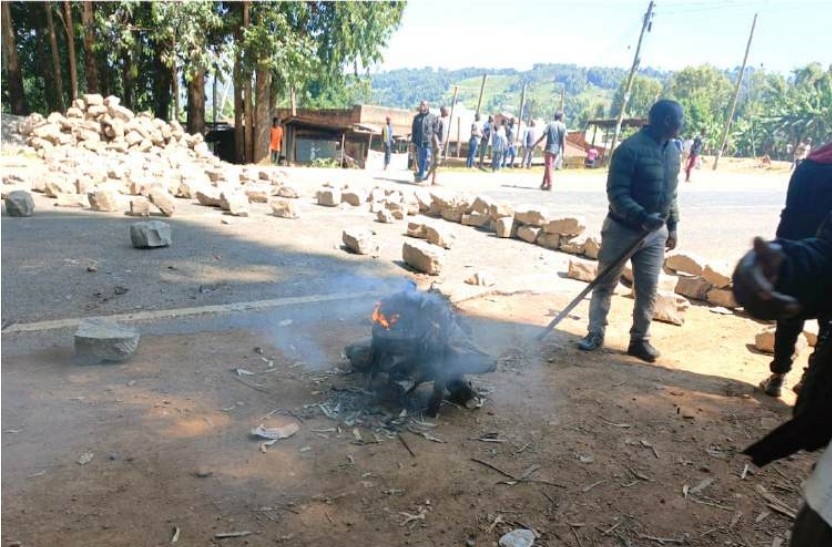If you have close friends or family who have long been engaged in elective politics, there is a conversation you may have had by now.
It goes like this:
You ask “Mheshimiwa” whether he is confident – now that the next general election is not that far away – of retaining his seat.
“Mheshimiwa” cheerfully replies that he has no doubt that the good people of his constituency will reward him with another term in Parliament. He then begins to list the reasons why:
So many scholarships to students from poor families; so many gifts of reflective jackets and helmets to the local boda boda riders; various women’s groups and youth groups given seed capital to lend out to their members; churches renovated or even built from scratch; roads and water supply systems upgraded; etc.
I must say that although I have listened to serving MPs sketching out their “development record” many times, I have never ceased to be amazed at how easily they can list the things that they have been able to accomplish during their five-year term in office. For it is often a very long list indeed.
Fast forward to six months after the general election, and you find “Mheshimiwa” a much-subdued man. You ask him what happened and how come he lost when he had done so much for “his people”. The reply is usually something like, “My constituents are the most ungrateful people in the world. They completely overlooked all that I have done for them and voted for a totally useless person. Already they are calling me to complain about him. They will really suffer – and they deserve to suffer.”
Earlier this week I thought of the many MPs whom I have heard over the years curse their “ungrateful constituents”. This was when I read an article in this paper, published under the headline ‘President Kenyatta’s team moves to showcase legacy projects’.
On the one hand, it is wholly appropriate that the President and his team should do their best to highlight what he has been able to deliver. But on the other hand, the national population is every bit as ungrateful and forgetful as the constituents of all those MPs who end up losing their seats despite having worked very hard to improve the lives of “their people”.
And there is this additional setback for any Kenyan president: At the broader national level, the most far-reaching projects, and programmes, will in most cases not reveal their full value immediately after completion. It is usually only a few years afterwards that it becomes clear that a certain project really marked a turning point in the economic development of the nation.
And by that time, nobody will care to remember which president launched the country on the path to progress through a specific socioeconomic programme or through the construction of new public infrastructure.
Take for example the education sector: it was under President Daniel Moi that Kenya embarked on a rapid expansion of tertiary education, involving both public and private universities. But that is not what is usually mentioned about Moi.
Rather we are told of how bad the roads were; how inadequate and inefficient the Port in Mombasa as well as Jomo Kenyatta International Airport in Nairobi were; and above all, just how much incompetence and official corruption was tolerated.
Moi’s successor Mwai Kibaki has not fared very much better in the court of public opinion. Many will concede that he improved the roads networks and expanded airports as well as ports. But thereafter, the focus quickly turns to the terrors of the post-election violence of 2008, and how for weeks the country seemed to be on the brink of civil war – something which never once happened under Moi or even Founding President Jomo Kenyatta.
Kibaki’s critics effectively accuse him of putting an end to our national reputation as “an island of stability in one of the world’s most turbulent regions”.
There is rarely ever any mention of the roughly 1.5 million children who had been out of the formal school system in the Moi era, for lack of school fees; and who only returned to classrooms when Kibaki decreed free primary school education, within weeks of being sworn in.
















